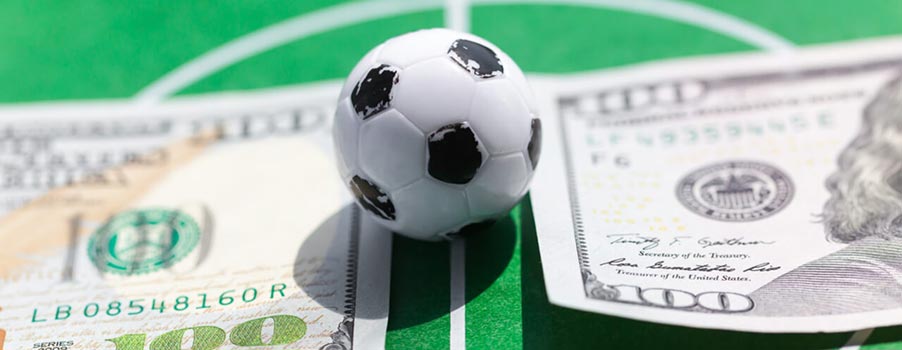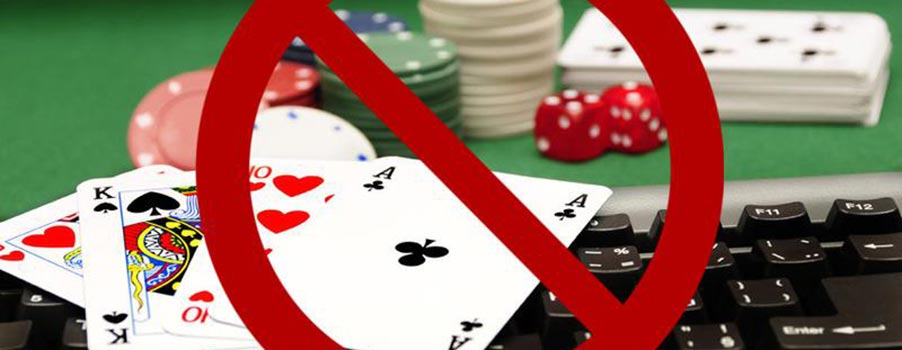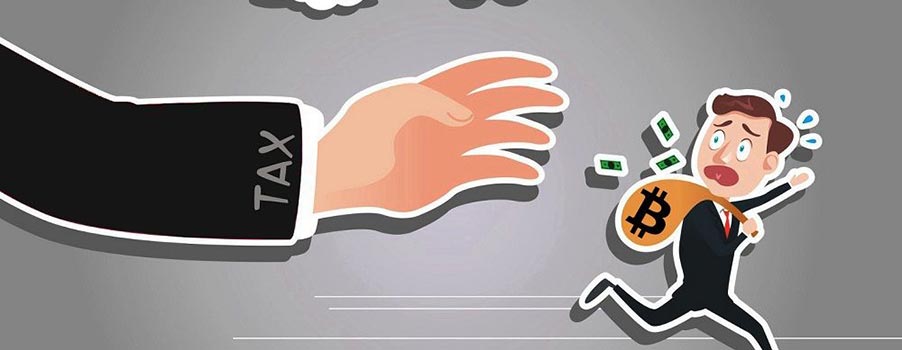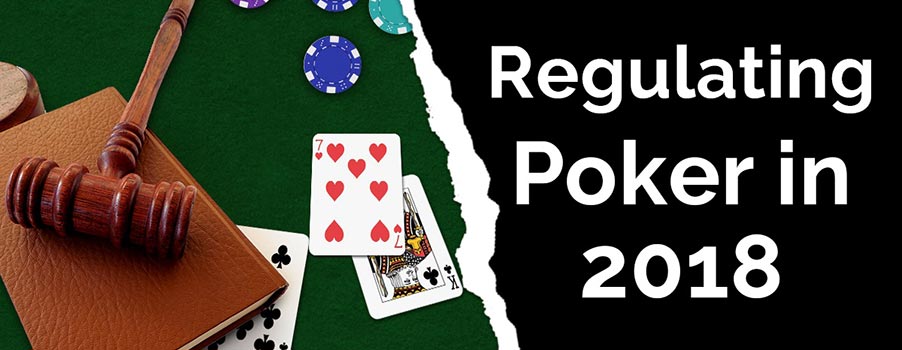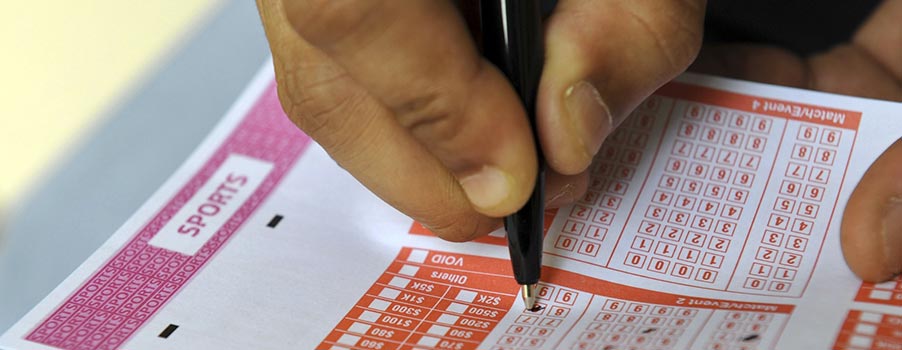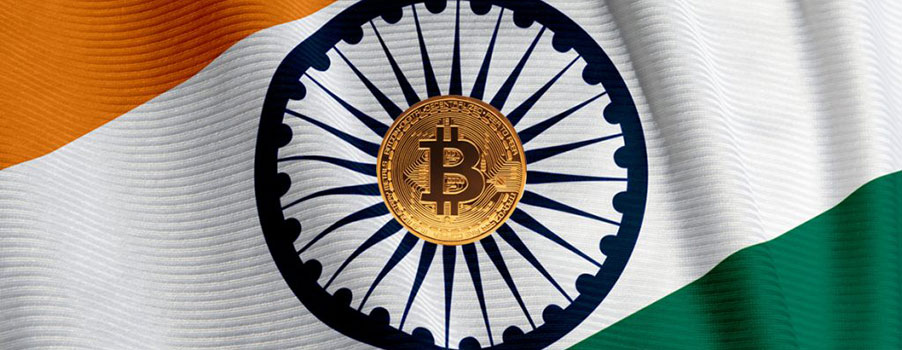On Friday, the Japanese government put aside gambling addiction and antisocial behavior concerns and went ahead to approve a bill that will provide a broad regulatory framework that will foster the establishment of a casino industry in the country. All that remains is for the document, which is referred to as the Integrated Resorts (IR) Implementation Bill, to be passed the Diet voting – the Diet is Japan’s parliament.
According to Kyodo News, Japanese Prime Minister Shinzo Abe and his government are aiming to have the bill pass the Diet during the ongoing session that will end on June 20. The Prime Minister hopes that the new casino industry will serve as an attraction for more overseas visitors which will, in turn, assist in providing the much-needed boost to the country’s regional economies outside Tokyo.
However, regardless of how promising the bill is, there is a high likelihood that deliberations will not have ended by the time the Diet sessions ends in June. This is due to the existence of a number of political scandals involving Prime Minister Abe, his minister as well as some ministry officials that have had a disruptive effect on Japan’s parliamentary proceedings.
“We will promote tourism with visitors from all over the world spending days while taking complete measures to address various concerns including gambling addiction,” the Prime Minister said in a government meeting that was attended by related officials.
If the Japanese parliament passes the bill, casinos will begin operating in the country in the mid-2020s. This might happen much earlier in some places – Osaka’s governor Ichiro Matsui, for instance, believes that a casino resort could open in the region by 2023 if Diet approves the necessary legislation quickly enough.
What the Bill Entails
Under the bill, there will be a fixed 30 percent tax rate on any casino gross revenue generated by all the gaming resorts that will be established in the country. Also, there will be a 6,000 yen or $55 entrance fee for Japanese locals – this will only be for a 24-hour access period. Furthermore, Japanese locals will be limited to three casino visits per week and 10 casino visits per month in aggregate, a measure that is probably put in place to assist with gambling addiction. Foreigners are the luckiest bunch in this case since casino entry is free and there will be less stringent limitations if any.
The Japanese government will be introducing a government-managed license system for the casinos in an effort to alleviate some of the concerns that have been raised pertaining to the launch of a casino industry in the country. The system will require operators that wish to obtain gaming licenses to submit business plans and establish measures for preventing problem gambling. In addition to this, background checks will be carried out to ensure that the applicants do not have ties to any organized crime groups.


